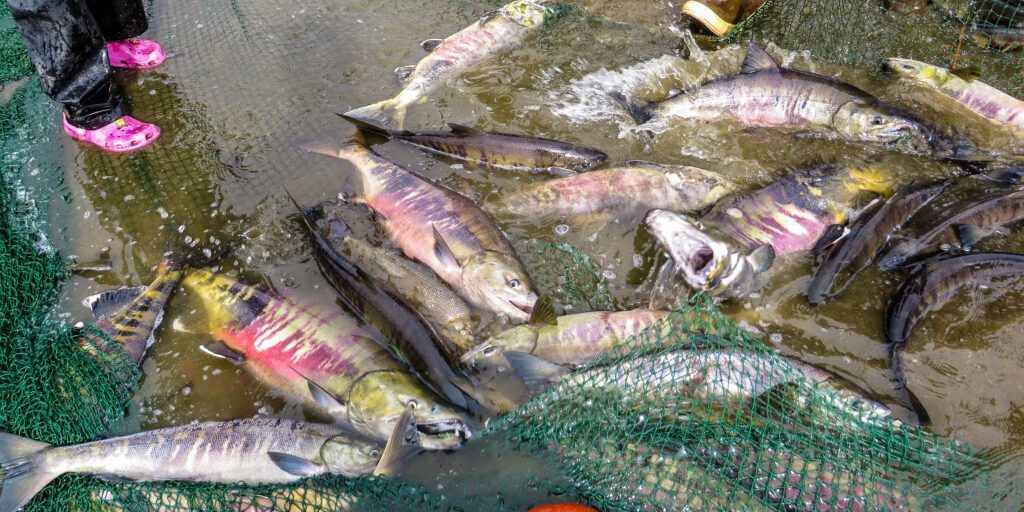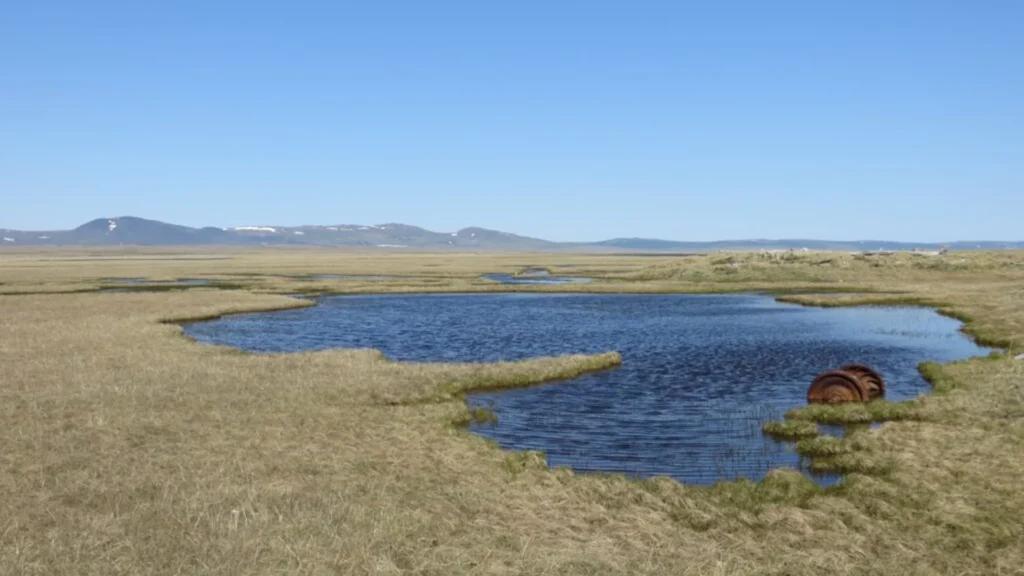Alaskan educators from around the region recently gathered in Council to do a little summer homework. Helping certify educators, Nome’s Northwest Campus hosted teacher camp, a unique opportunity to learn about the space where Alaskan schooling and Alaskan culture intersect.
At teacher camp, that space is a packed living room in Tom and BeeJay Gray’s fish camp. Kathy Kysar, an English teacher from Unalakleet, says the opportunity to have in-depth discussion between Nome and village teachers is invaluable.
“Usually, we’ll have allotted maybe an hour and a half or two hours in the evening, and we’ll end up being there three or four.” Says Kysar, “it’s great to be around other educators who are so interested in the topic.”
Because of their differences, the conversation between village and non-village teachers offers fresh perspectives on topics like parent involvement and incorporating subsistence culture into classroom curriculum.
In addition to education conversation, teacher camp curriculum includes hands-on experience with the subsistence lifestyle. Camp attendees seined for fish, filleted fish, and picked blueberries to get a full understanding of subsistence activities. By the end of the week-long camp, the group could accurately identify species, gender, and general age of the fish they catch.
As first-time seiner and first-year teacher, Kelly Alexander says the work is hard but rewarding. Learning subsistence methods has given him a new appreciation of Alaskan culture. Alexander says, “[subsistence living] takes a lot of work and patience and dedication, so it makes me respect the people in this community and this state a lot more who go out and have to gather their food.”
Teachers will have the opportunity to show what they learned when school starts later this month. School starts August 22nd for Nome Public Schools.







